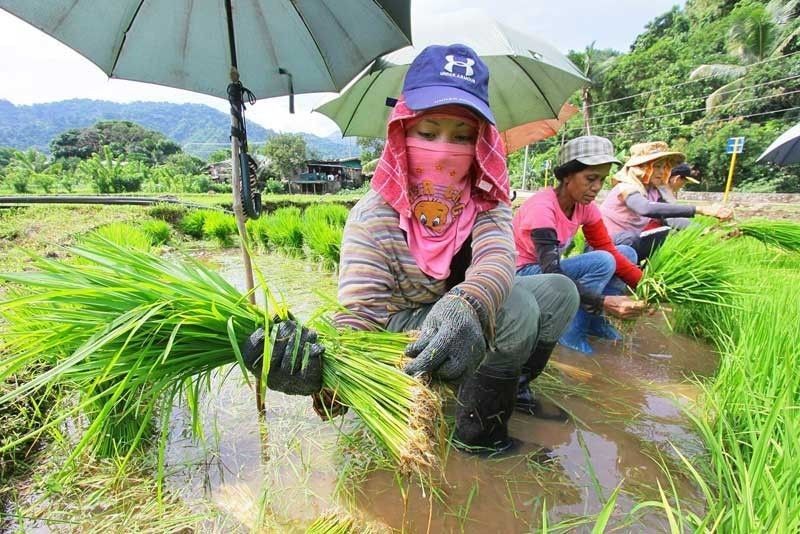Government to prioritize agriculture sector — DOF

MANILA, Philippines — The Duterte administration vows to prioritize the agriculture sector to raise farm productivity and increase farmers’ income, while avoiding a repeat of the supply problems in rice and other food items that pushed up inflation in the second half of 2018, according to the Department of Finance (DOF).
Finance Secretary Carlos Dominguez said this is in response to the call of the private sector for the government to help improve agricultural output and raise farmers’ income during the Sulong Pilipinas forum in November.
“We will focus on agriculture in the coming years. We know that the major reason for inflation this year has been the logistics problems we have had in agriculture, as well as production problems,” Dominguez said.
Inflation surged to 6.4 percent in August and peaked at 6.7 percent in September and October. This was driven mainly by supply issues on agricultural products, as well as increase in global oil prices.
The government responded the situation with the implementation of various measures, including Administrative Order 13, signed by President Duterte last Sept. 21, to remove administrative restrictions on the importation of agricultural products.
The President also issued Memorandum Order 26 directing the departments of agriculture (DA) and trade and industry (DTI) to implement measures to reduce the gap between the farmgate and retail prices of agricultural products.
Also issued was MO 27, which ordered the DA, Department of the Interior and Local Government (DILG), Philippine National Police (PNP), and the Metropolitan Manila Development Authority (MMDA) to adopt measures that ensure the efficient and seamless delivery of imported agricultural and fishery products from ports to markets.
MO 28 also directed the National Food Authority (NFA) to immediately release existing rice stocks in its warehouses.
With government measures in place and oil prices falling in the global market, the inflation rate in November eased to six percent and is expected to continue to decline in the coming months.
Meanwhile, the country’s agricultural production also fell 0.83 percent in the third quarter of the year, bringing the average farm growth to only 0.15 percent from January to September.
It continued to be a laggard on economic growth among the three major industry groups, contributing only 0.03 percent to the third quarter GDP of 6.1 percent.
- Latest
- Trending


























